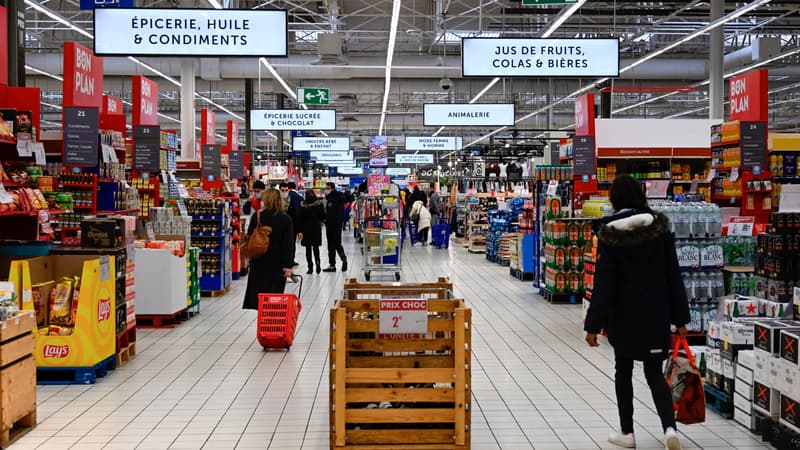The fundamentals of consumption remain the same during this crucial back-to-school period. This is particularly the case for the brands preferred by the French to improve their purchasing power, which have been greatly affected by two years of high inflation.
On the occasion of the publication of the 11th edition of the barometer “From purchasing power to purchasing desire” prepared by Opinionway*, Bonial notes that “the French continue to perceive a high general level of inflation and are once again preparing to adjust their purchasing behaviour to save money.”
And it is the big retail brands themselves that will benefit from this perception, which remains very present despite the improvement in recent months. Of the 1,000 or so French people surveyed, two-thirds believe that Lidl helps to improve their purchasing power, just ahead of Leclerc (65%). Aldi completes the podium of food brands, as more than one in two French people surveyed believe that sharp discounts help to improve their purchasing power.
Decathlon drops off the podium
In the non-food brands category, Action is also a major discount brand that has been in first place for over a year: 70% of French people consider it the brand that best improves purchasing power. In second place, Amazon saw its popularity increase four points to 66%.
But it is the ready-to-wear brand Kiabi that recorded the biggest increase: +9 points compared to last June to reach 57% and return to the podium, to the detriment of Decathlon, which nevertheless benefited from a strong showing during the Olympic Games.
Although inflation finally fell below 2% last month, Bonial says the more positive mood seen during the previous wave of the barometer remains.
However, the average budget allocated for back-to-school shopping is decreasing and more than one in three French people who benefit from the back-to-school subsidy will have to wait for payment to cover these expenses.
*The survey was conducted among a representative sample of the French population aged 18 and over 1,010 people who answered questions between 31 July and 2 August 2024. The sample was constituted according to the quota method, taking into account the criteria of sex, age, socio-professional category, category of urban area and region of residence.
Source: BFM TV


